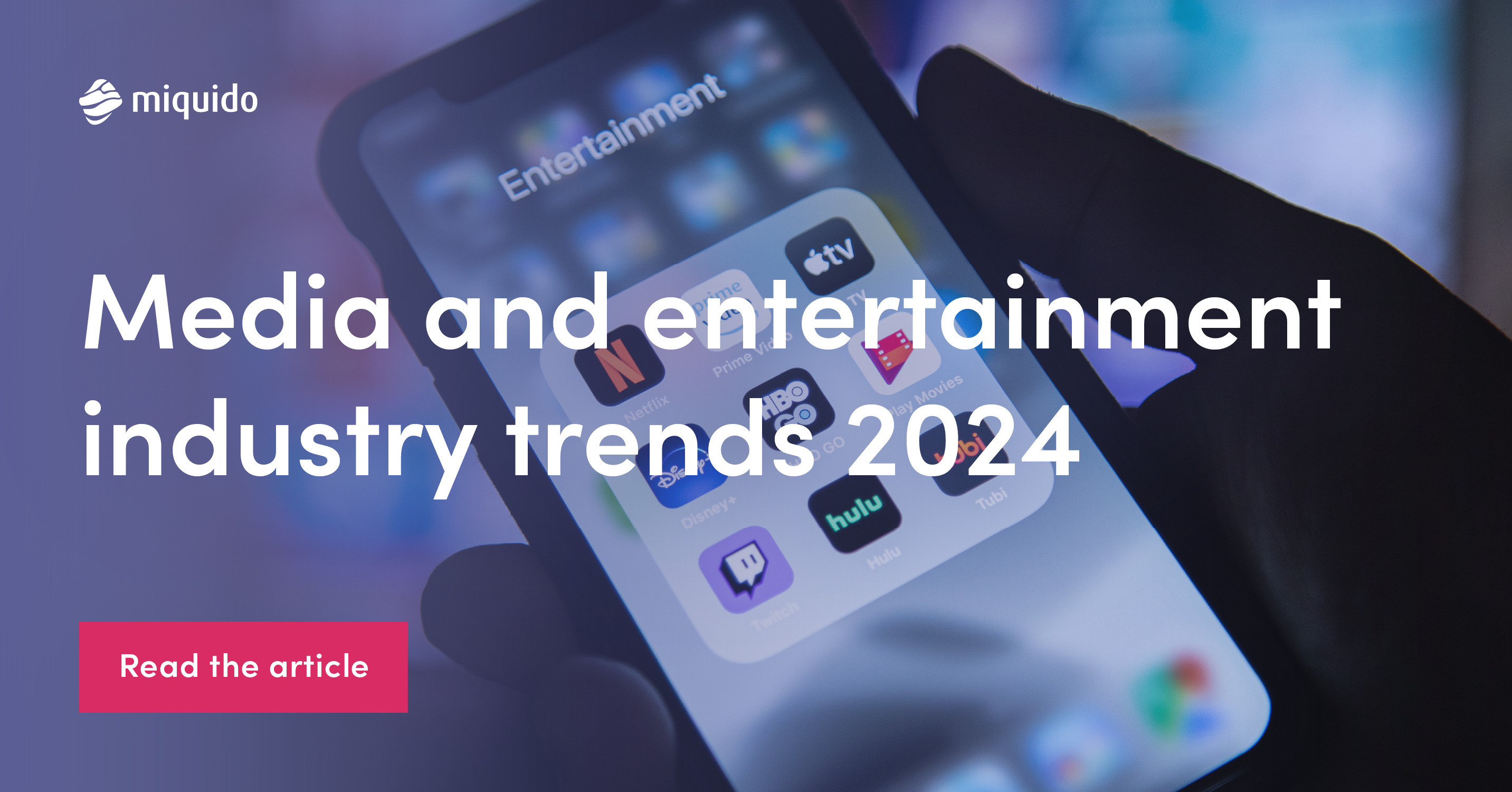Tube Ninja Insights
Your go-to source for the latest trends and tips in video content creation.
Nostalgia Overload: Why We Can't Get Enough of the Past
Dive into the world of nostalgia and discover why we're irresistibly drawn to the past. Uncover the timeless charm today!
The Science of Nostalgia: Why Looking Back Feels So Good
The science of nostalgia is a fascinating intersection of psychology and neuroscience that reveals why looking back on past experiences can evoke feelings of happiness and comfort. Research indicates that reminiscing about meaningful moments can boost our mood and increase feelings of connectedness. A study published in the journal Emotion found that nostalgia can serve as a tool for maintaining social bonds, reminding us of the people who have influenced our lives. This emotional journey often triggers a cascade of brain activity, releasing neurochemicals like dopamine, which are associated with pleasure and reward, making nostalgia a psychologically beneficial experience.
Moreover, nostalgia can act as a coping mechanism during difficult times, providing a sense of comfort and continuity. According to research from the American Psychological Association, nostalgia can help individuals navigate the stresses of everyday life by creating a sense of belonging and stability. This phenomenon emphasizes the concept that reflecting on our past can reinforce our identity and give meaning to our current experiences. In an ever-changing world, indulging in nostalgia may serve as an important emotional anchor that fosters resilience and well-being.

How Nostalgia Shapes Our Identity and Influences Our Choices
Nostalgia is a powerful emotional state that can significantly shape our identity and influence the choices we make throughout our lives. When we reflect on the past, we often find comfort in our memories, which can serve as a foundation for our current sense of self. According to a study published in the Journal of Experimental Social Psychology, nostalgic memories can enhance our self-continuity and provide a sense of stability in our ever-changing lives. These cherished moments not only remind us of who we are but also guide our decisions, as nostalgia can evoke a longing for earlier times and influence our current preferences and behaviors.
Moreover, nostalgic influences extend to consumer behavior and lifestyle choices. Individuals often gravitate towards products, fashion, and entertainment that evoke feelings of nostalgia, as it can evoke a sense of comfort and satisfaction. A report by McKinsey & Company highlights how brands leverage nostalgia in their marketing strategies to connect with consumers emotionally, creating a loyalty that stems from shared past experiences. Thus, as nostalgia plays a role in shaping our preferences, it also becomes a tool for understanding the psychological aspects of our choices and behaviors.
Is Nostalgia a Superpower? Exploring Its Impact on Well-Being
Nostalgia, often defined as a sentimental longing for the past, has gained recognition as a mental and emotional phenomenon that can significantly enhance our well-being. Various studies suggest that nostalgia acts as a powerful tool in managing stress and anxiety, fostering a sense of connection and belonging. For instance, research published in the journal Emotion indicates that nostalgic memories can mitigate feelings of loneliness by reminding individuals of meaningful past experiences. This emotional anchor not only uplifts our mood but also strengthens our resilience in facing present challenges. As such, nostalgia could be considered a genuine superpower in promoting psychological well-being.
Moreover, the benefits of nostalgia extend beyond individual well-being; they can also enhance social connections. Nostalgic recollections often involve shared experiences with family and friends, which can foster a sense of community and belonging. A study from the journal Frontiers in Psychology highlights how individuals who engage in nostalgic storytelling report not only increased happiness but also a greater sense of social connectedness. This interplay between nostalgia, happiness, and relationships underscores its role as a potential superpower in enhancing overall well-being, suggesting that revisiting those cherished memories might just be the key to thriving in today’s fast-paced world.